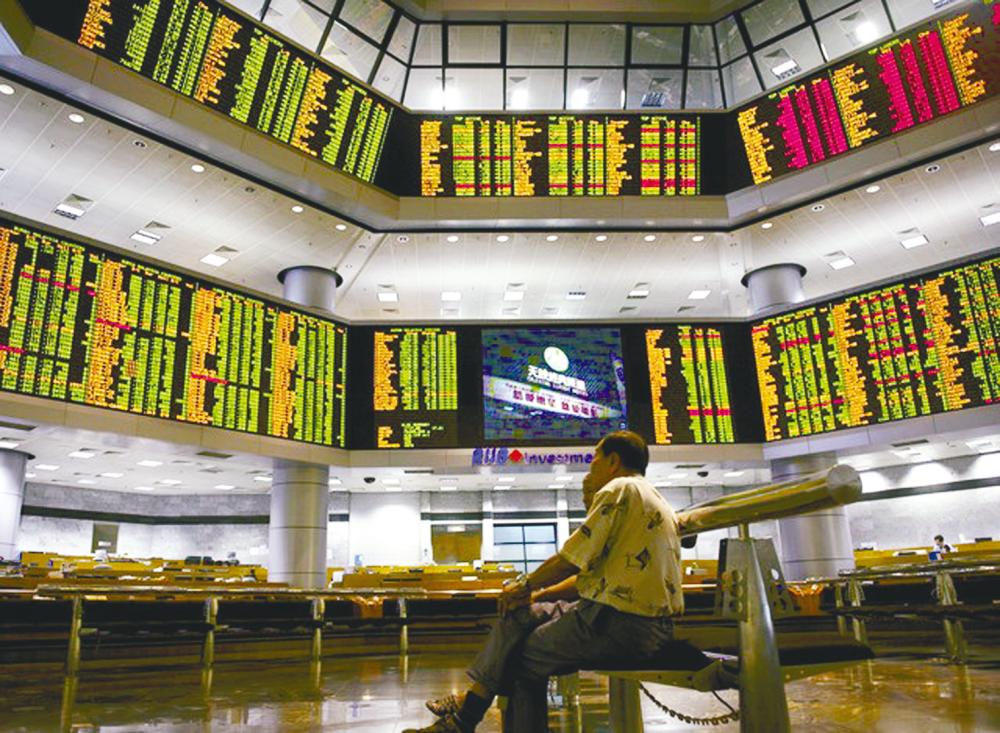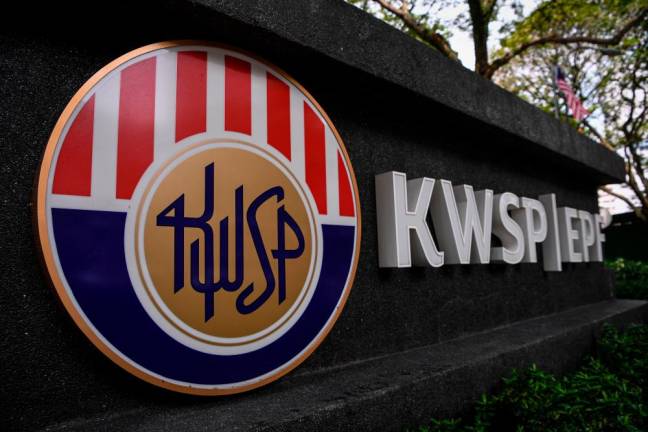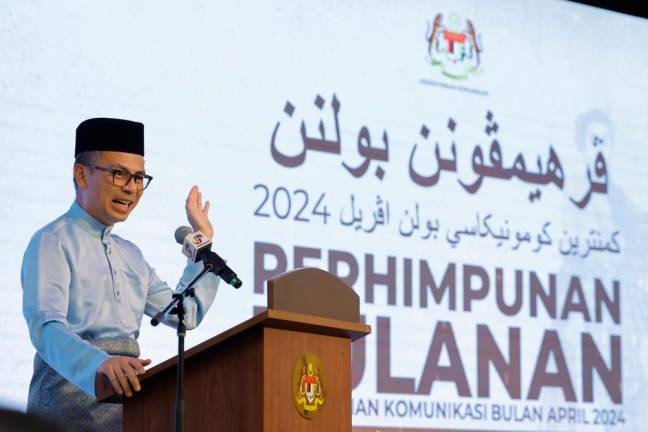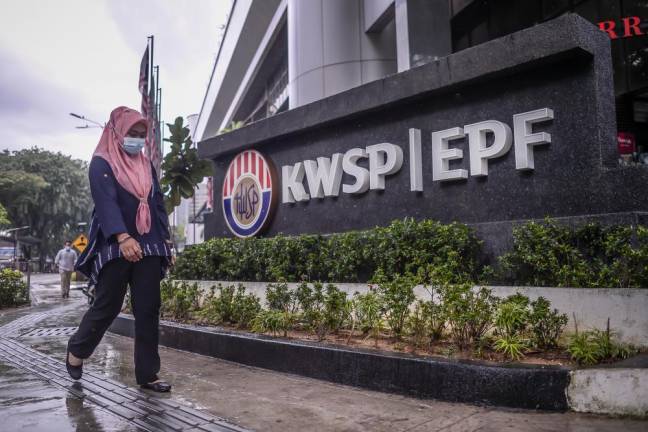THE Malaysian equity market witnessed a turbulent year in 2022 due to political changes, inflation, rising interest rates, and the depreciation of the ringgit, all of which contributed to the uncertainty. Global events such as the Russia-Ukraine war, weakening global demand, and fluctuating energy and commodity prices have caused spillover effects on global equity markets, including Malaysia.
According to the latest published figures, the inflation rate in Malaysia averaged 3.3% in 2022, up from 2.5% in 2021. As of Jan 19, the overnight policy rate stood at 2.75%. The rate increased by whopping 100 basis points since 3 March 2022.
Systematic risk
The events described above pose a systematic risk, also known as market risk, to equity investors in the country. It must be noted that systematic risk is inherent in the entire market and cannot be eliminated by diversifying an investment portfolio. We believe it to be of the utmost importance to note that investors cannot eliminate systematic risk, which we attempt to quantify as part of the equity risk premium (ERP).
ERP measures the general sentiment of investors towards the equity market as a whole. In simple terms, it represents the incremental expected return of the general equity market over the return from the risk-free instrument, such as a sovereign government bond. Investors and financial professionals calculate ERP to assess additional risks in the equity market.
Based on the market events that have already taken place, what would be an appropriate ERP rate for Malaysia as of Dec 31, 2022? How does it compare with the corresponding rate in previous years?
Recent economic outlook
The economy was expected to continue to expand in the fourth quarter of 2022, though at a moderate rate. It is anticipated that growth will slow down as a result of both the more challenging global environment and the absence of base effects.
Malaysia’s economy is predicted to grow by 4-5% over the next few years, according to the Economic Outlook 2023 by the Finance Ministry. Domestic demand is expected to continue to support the economy’s growth in the coming years. The sustained improvement in employment and income prospects will have a positive impact on household spending. The arrival of tourists continues to increase, contributing towards recovery and growth of tourist-related businesses in the country’s economy. A significant factor supporting investment activity in the future is the realisation of multi-year infrastructure projects.
It is expected that both headline and core inflation will be moderate but remain elevated in 2023 due to demand pressures and rising costs. It is expected that existing price controls, subsidies, and the remaining spare capacity in the economy will be able to contain a part of the upward pressure on inflation.
However, the global economic outlook remains weak. The domestic economy continues to face downside risk as a result of the increased risk aversion in global financial markets due to monetary policy tightenings in major economies, escalation of geopolitical conflicts, and recurrences of significant supply chain disruptions.
Quantify the equity risk premium
We advocate the implied premium approach, a forward-looking approach, where one may calculate ERPs by predicting future returns for the stock market and subtracting the risk-free rate as of the valuation date.
The implied premium approach is preferred, as it is not sensible to assume that the equity market’s future performance will be similar to its past.
According to Mazars’ analysis, which uses an implied premium approach to determine the expected equity market return, the expected return is 8.3% as of Dec 31, 2022. Assuming a 10-year Malaysian government bond yielding 4.1% is used as a risk-free instrument, the implied ERP is 4.2% for Malaysian equity market as of Dec 31, 2022.
Summing Up
The investors’ sentiment and the economic outlook are fluid amidst ongoing global market events. The computed implied ERP is determined using the information as of Dec 31, 2022 but market conditions and risks may require specific changes over time. There will be a significant impact on the valuation of investments on a global scale as a result of heightened levels of uncertainty.
A re-evaluation of the ERP assumptions is warranted due to the uncertainty generated by these events.
This article is contributed by Mazars’ director & young MICPA (The Malaysian Institute of Certified Public Accountants) task force member Roger Loh Kit Seng and Mazars’ partner Lee Soo Eng. The views expressed here are the writers’ own.









